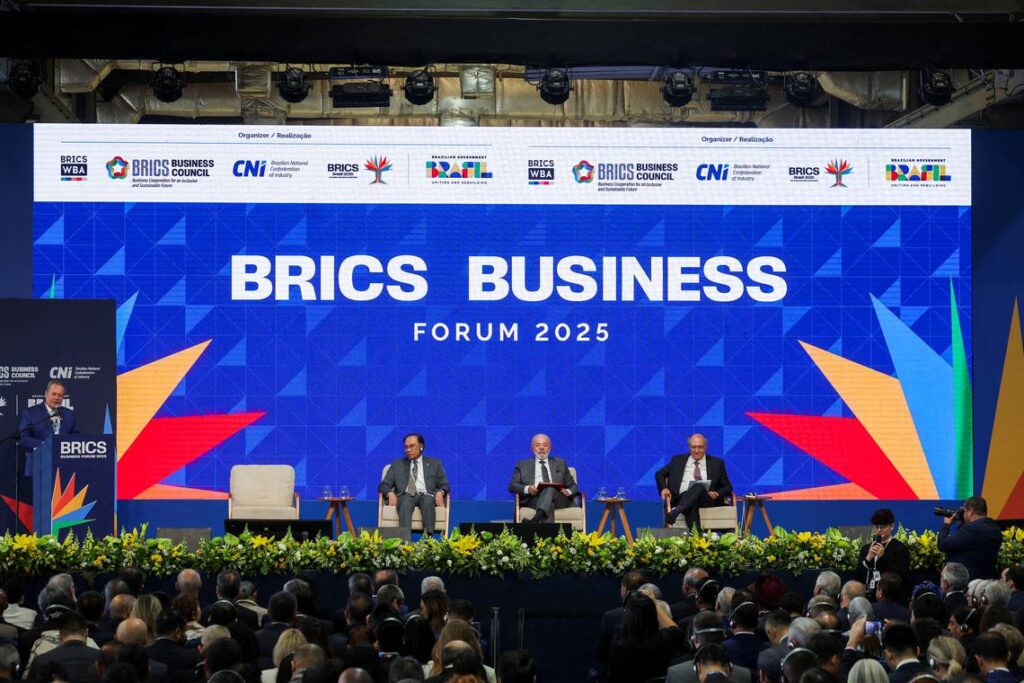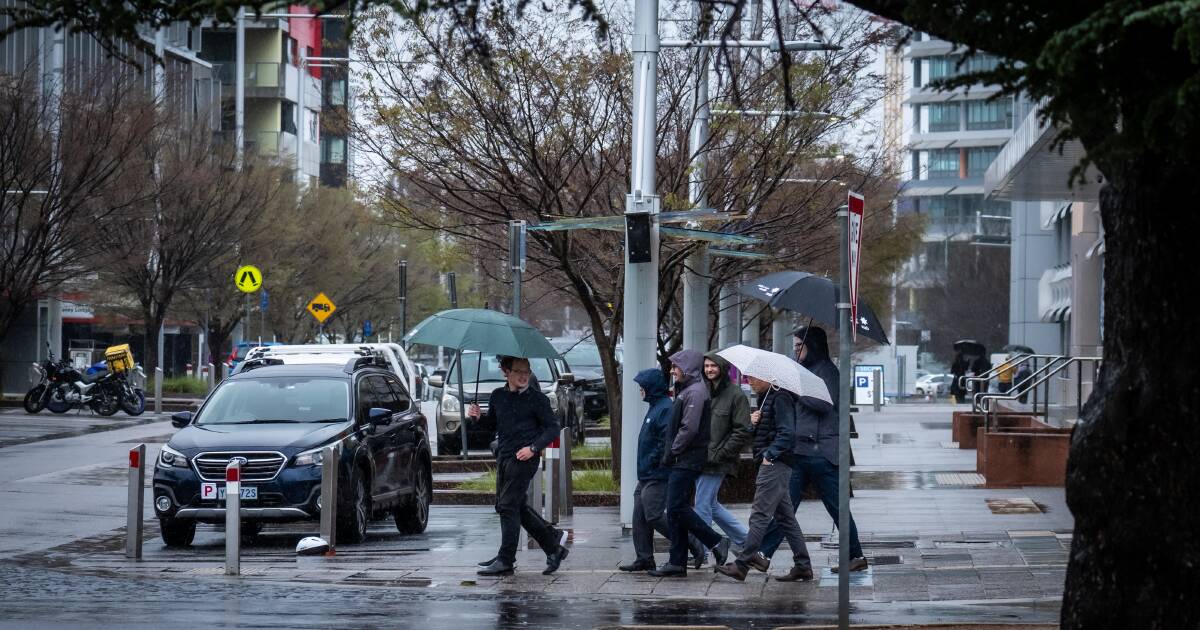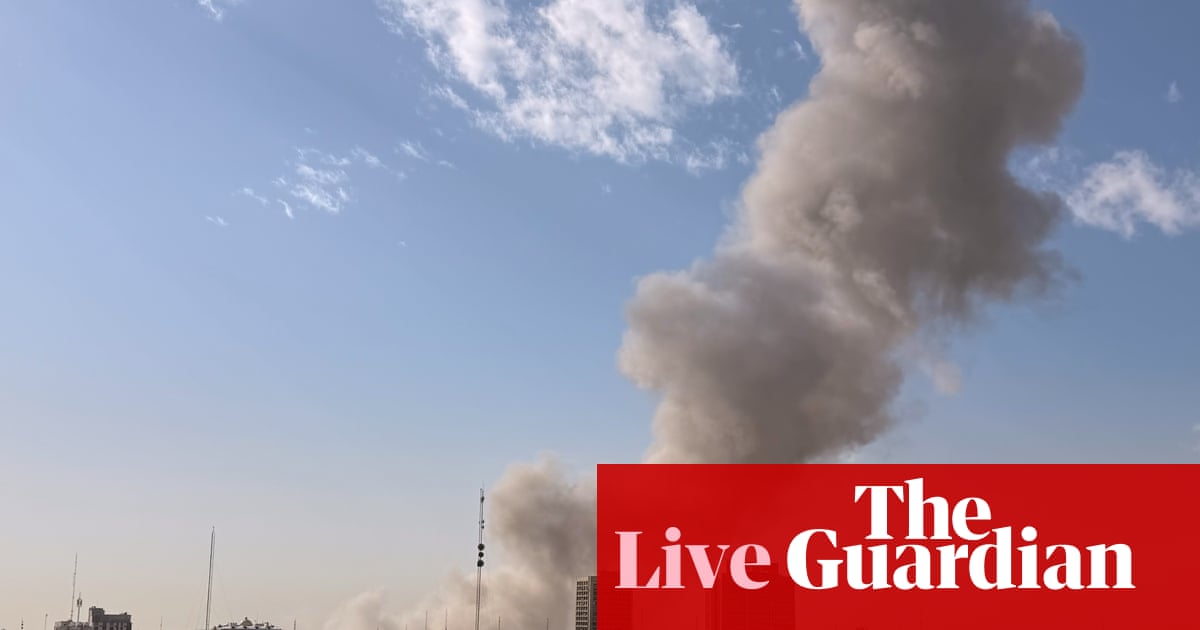
RIO DE JANEIRO – As BRICS leaders convene in Rio de Janeiro, the focus is squarely on the contentious trade policies of US President Donald Trump. The meeting, which began on July 6, is expected to produce a unified condemnation of what the leaders describe as “indiscriminate” trade tariffs imposed by the United States. These tariffs, they argue, are not only illegal but also pose a significant threat to the global economy.
Representing nearly half of the world’s population and 40 percent of global economic output, the BRICS nations are rallying against the US import tariffs, expressing “serious concerns” in a draft summit statement obtained by AFP. Since taking office, President Trump has targeted both allies and adversaries with a series of punitive duties, with recent communications to trading partners outlining new tariff rates set to take effect soon.
Global Trade at Risk
The draft summit declaration, while not explicitly naming the United States or President Trump, clearly targets Washington’s policies. It highlights the collective stance of 11 emerging nations, including Brazil, Russia, India, China, and South Africa. The statement reads, “We voice serious concerns about the rise of unilateral tariff and non-tariff measures which distort trade and are inconsistent with WTO (World Trade Organisation) rules.”
Such measures, the draft warns, “threaten to further reduce global trade” and are “affecting the prospects for global economic development.” This sentiment underscores the anxiety among emerging economies about the potential ripple effects of the US trade policies on global markets.
Notable Absences and Political Dynamics
Conceived two decades ago as a forum for fast-growing economies, BRICS has evolved into a platform seen as a counterbalance to Western power, largely driven by China. However, the absence of Chinese President Xi Jinping, who is skipping the annual meeting for the first time in his 12-year tenure, has somewhat diminished the political impact of the summit.
Ryan Hass, a former China director at the US National Security Council now with the Brookings Institution, commented, “I expect there will be speculation about the reasons for Xi’s absence. The simplest explanation may hold the most explanatory power. Xi recently hosted Lula (Brazil’s President Luiz Inacio Lula da Silva) in Beijing.”
Xi’s absence is not the only one of note. Russian President Vladimir Putin, facing war crime charges, will also not attend in person but will participate via video link. This decision, along with Indian Prime Minister Narendra Modi’s prominent role as a guest of honor, could have influenced Xi’s decision to delegate attendance to Premier Li Qiang.
Broader Implications and Future Prospects
The absence of key leaders is a blow to President Lula, who is eager to elevate Brazil’s role on the global stage. In the lead-up to November 2025, Brazil will have hosted a G20 summit, a BRICS summit, and COP30 international climate talks, all while preparing for the next presidential election, in which Lula is expected to run.
Meanwhile, Iran’s President Masoud Pezeshkian is also absent, as his nation grapples with the aftermath of a 12-day conflict with Israel. According to sources familiar with the negotiations, BRICS countries remain divided on how to address the ongoing conflicts in Gaza and between Iran and Israel. Iranian negotiators have pushed for a stronger collective stance, but diplomatic sources suggest the final text will echo the “same message” delivered in June, expressing “concern.”
Looking Ahead: Economic and Technological Agendas
Despite the geopolitical tensions, the summit will also tackle critical issues such as artificial intelligence and health. The BRICS bloc, originally comprising Brazil, Russia, India, and China, has expanded to include South Africa and more recently, Saudi Arabia, Iran, the United Arab Emirates, Egypt, Ethiopia, and Indonesia.
As the summit progresses, the world watches closely to see how these emerging economies will navigate the complex web of international trade and diplomacy in the face of mounting challenges posed by unilateral trade measures.







